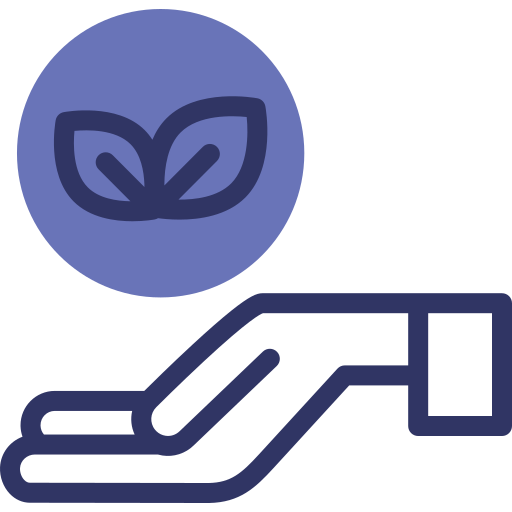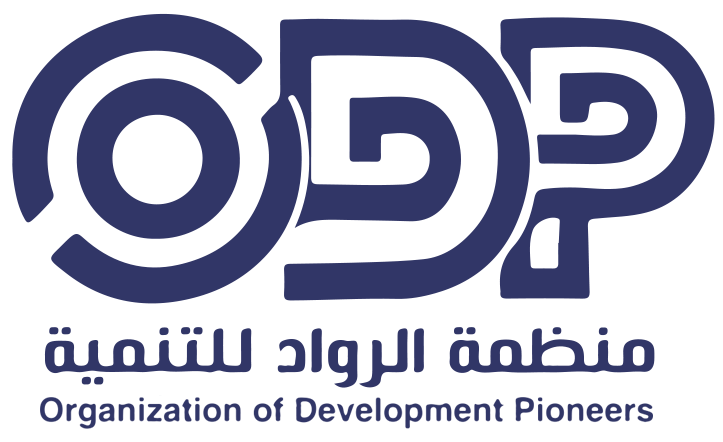Our Work
Our Work


livelihood
According to the 2022 report published by FAO “The State of Food Security and Nutrition in the World 2022”, food insecurity and undernourishment have been on the rise since the beginning of the COVID-19 pandemic. Hunger is affecting 702 to 828 million people globally. The highest prevalence of undernourishment in 2021 was in Africa where 278 million people were affected.
Factors such as conflict, corruption, and a rough environment are hitting many countries within the African continent. Libya is not an exception to this situation. Despite the availability of natural resources, its location and geographical area make it a preferred passage for immigrants, which further increases the burden on local communities.
Hunger is still on the rise, especially among IDPs and marginalized communities. The price increase for essential food products and services is daily widening the area of need for direct and consistent support, especially with the lack of governmental support in terms of employment and provision of liquidity in distant areas.
Our initiatives aim to create and promote market opportunities for isolated communities and those with limited opportunities in livelihood. This includes supporting agriculture projects and vocational training forming and introducing innovative forms of social entrepreneurship.


Health
Health care continues to be the most significant need for many people, particularly non-Libyan migrants, refugees and IDPs who lack sustained access to primary and secondary health care. This includes limited access to appropriate health care for chronic and infectious diseases, obstetric complications and mental health conditions and disorders.
In 2021, reports indicated that up to 90% of primary health care (PHC) centers were closed in some areas. One-third of all health facilities in the south and east of Libya were not functioning and 73% in the south and 47% in the east were functioning only partially, mainly due to shortages of staff and medical supplies. Of the total number of health facilities assessed in 2021, 37% were reported to be either fully or partially damaged
Our intervntion, focuses on the construction and renovation of health care facilities in order to provide with improved access to quality medical services and care. We work to supply of medical equipment, pharmaceuticals and consumables for providing new treatment services and improving those already offered by the existing medical centres and training for doctors and nurses, and we strive to remove barriers to entry faced by people with a disability. We intervene in emergency situations where the right to health is further threatened by violence and instability.


Education
Providing quality education for all is fundamental to creating a peaceful and prosperous world. Education gives people the knowledge and skills they need to stay healthy, get jobs and foster tolerance.
The COVID-19 outbreak, however, has caused a global education crisis. Most education systems in the world have been severely affected by education disruptions and have faced unprecedented challenges. School closures brought on by the pandemic have had devastating consequences for children’s learning and well-being.
In particular, our work focuses on the construction and renovation of school facilities in order to provide access to water and sanitation. We work to provide school supplies and refresher courses for teachers and school employees, and we strive to remove barriers to entry faced by women and people with a disability. We intervene in emergency situations where the right to education is further threatened by violence and instability.
We use the school environment as a starting point to combat malnutrition and its serious consequences, providing meals that meet the nutritional needs of children at every stage of their growth and development.


Emergencies
We have been working in humanitarian emergencies since 2017. Our efforts in this field have greatly increased with our partners due to the conflicts in Libya.
Our priority when intervening in emergency situations is to save human lives and to meet the basic needs of those affected. To do this, all our operators follow procedures and codes of conduct to ensure that they do no harm to the most vulnerable sections of the population, particularly children and pregnant women, migrants, and displaced people.


Child protection
All children and adolescent or (young people) must have the opportunity to express their potential to grow, and to achieve their dreams in the communities they live.
We promote child protection initiatives in every location in Libya where we operate. In particular, our activities aim to protect young boys and girls from abuse and violence, with a special focus on areas affected by natural disasters, political instability, and humanitarian emergencies.
Our programs focus on the most vulnerable girls and boys, and we aim to guarantee their safety and well-being. We work with governments, international organizations, and civil society partners to create lasting change by improving the policies and services in place to protect children, both in their everyday lives and in emergency situations.

